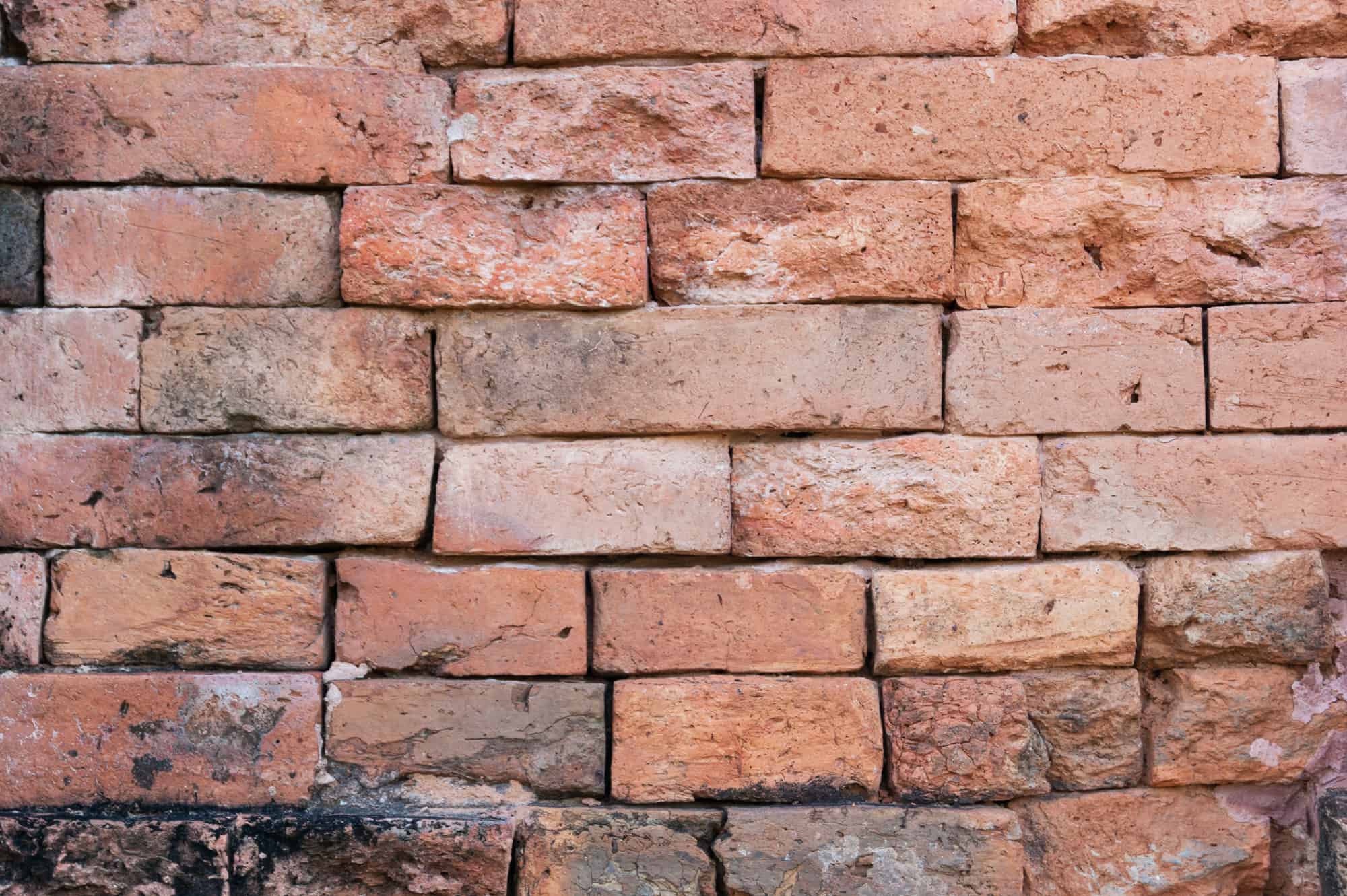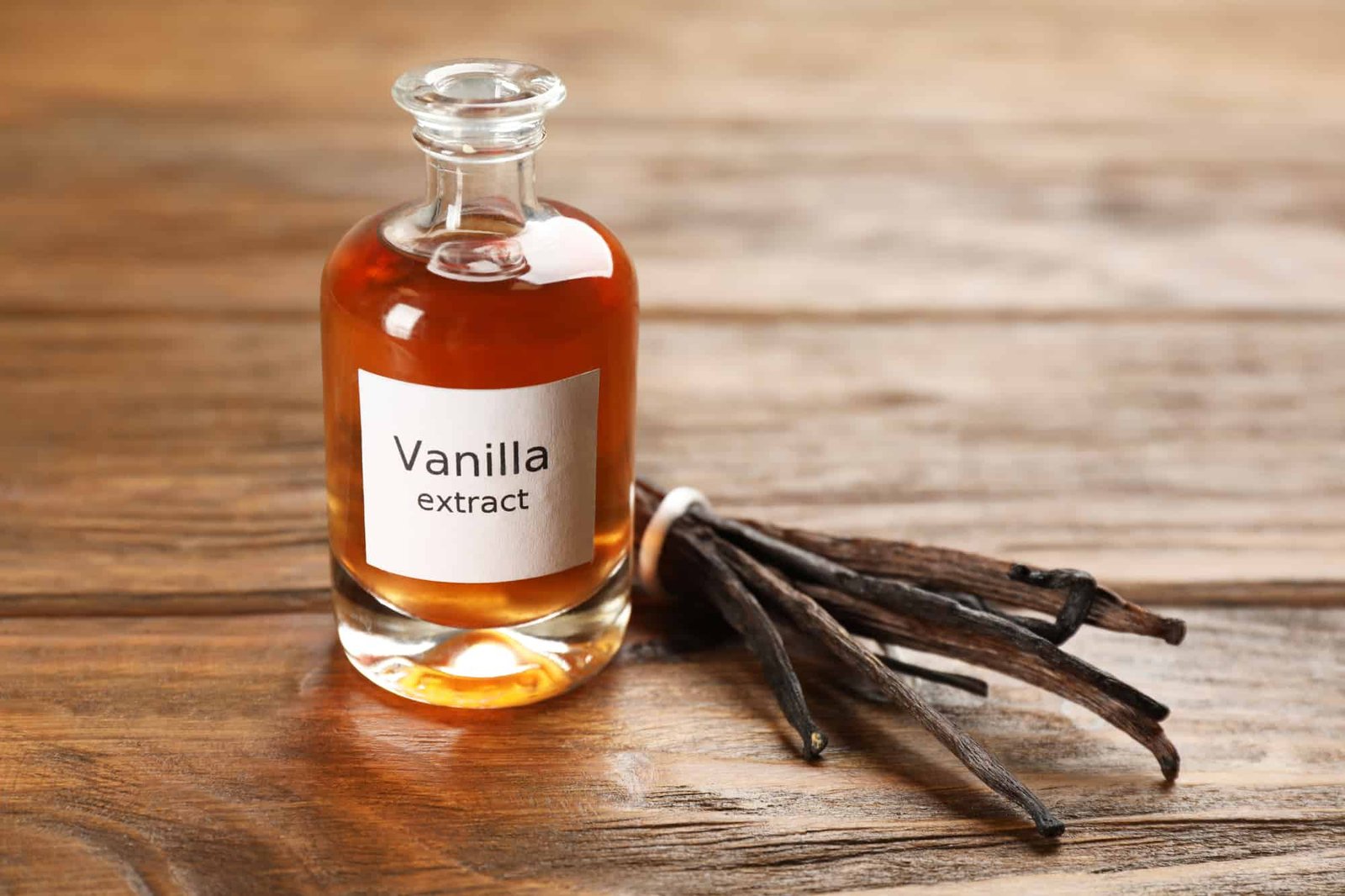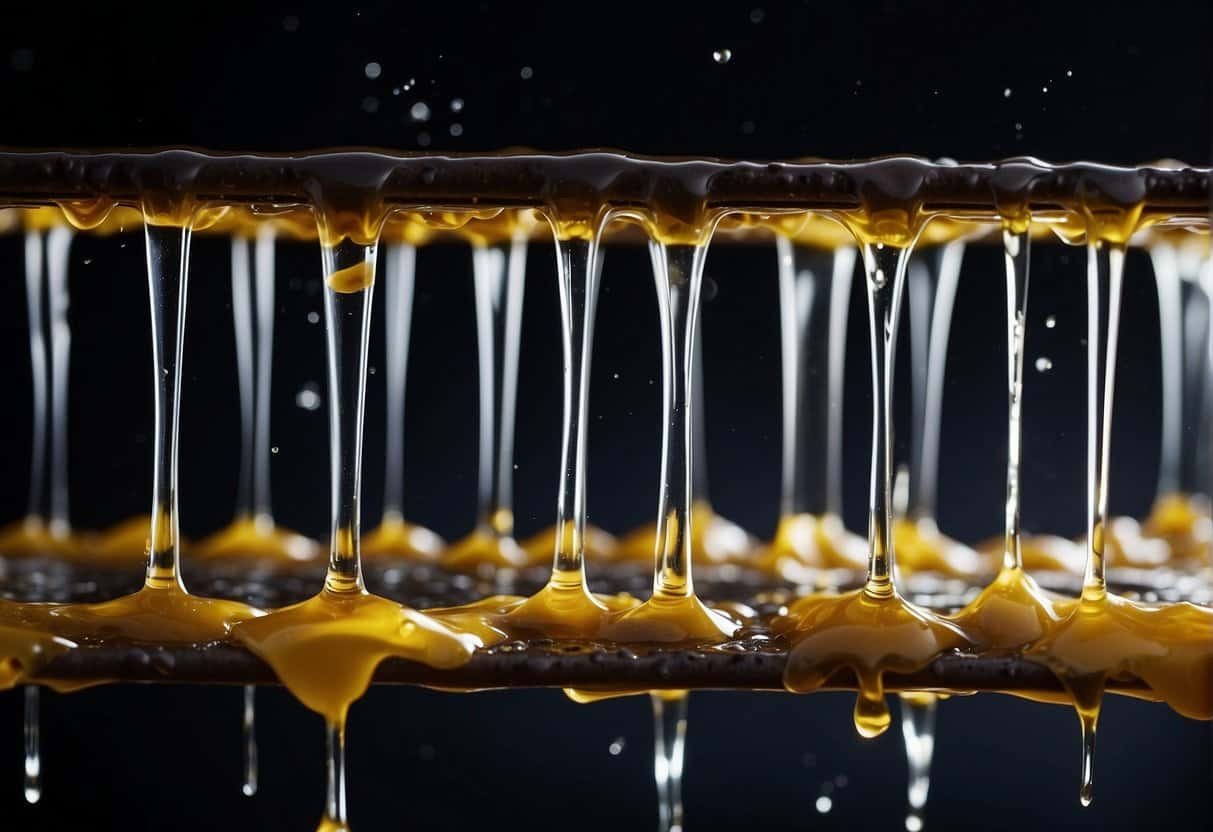Table of Contents
If you’ve seen someone pour vinegar on a brick wall, or if you’ve thought about cleaning bricks with vinegar, you may have been curious about what happens. Does the vinegar eat away at the bricks? Or does it make them stronger?
Vinegar can damage the surface of the brick, making it more susceptible to weathering and staining. However, when properly diluted, vinegar can be used as a brick cleaning solution.
This article discusses how vinegar reacts to bricks and how you can clean your brick walls with vinegar if you need to.
Does Vinegar Damage Bricks? (e.g., Pavers?)
While vinegar can damage bricks, it’s still widely used to clean them. Using the right kind of vinegar that is diluted properly ensures that you can clean your bricks without damaging them.
Here’s what you need to know about using vinegar to clean bricks.
- First, it’s important to use distilled white vinegar. Distilled white vinegar is less likely to cause staining than apple cider vinegar or another type of vinegar.
- Second, you’ll need to dilute the vinegar with water. A 50/50 mixture of water and vinegar is usually a good ratio. You can adjust the ratio depending on how dirty your bricks are. If they’re only slightly dirty, you may be able to get away with a more diluted solution.
- Finally, don’t forget to rinse the bricks after cleaning them with vinegar. This will help remove any residue that could damage the bricks over time.
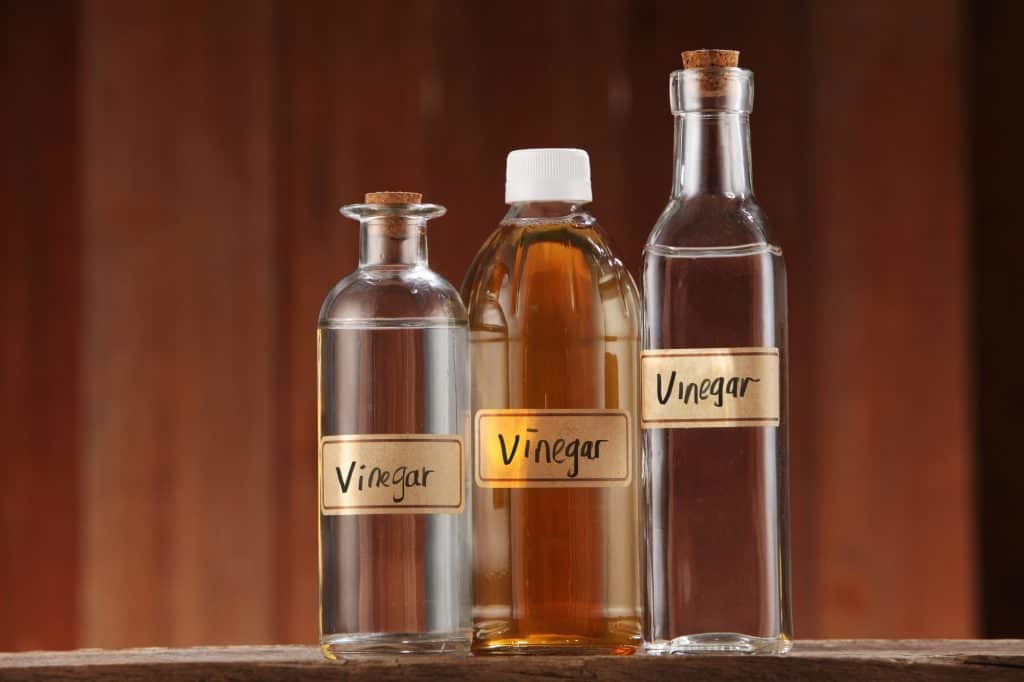
Can You Clean Bricks With Vinegar?
While you can technically clean bricks with vinegar, it’s not recommended. The acid in vinegar may lead to potential damage to the surface of the brick, making it more susceptible to weathering and staining. If you choose to use vinegar as a cleaning solution, dilute it with water first.
While several commercial cleaners are on the market, many people swear by vinegar as an effective and inexpensive way to clean bricks. Vinegar is acidic and can break down dirt, grime, and mildew.
To clean bricks with vinegar, mix one part of vinegar with one to three parts of water in a spray bottle. Then, spritz the solution onto the brick surface and leave it to sit.
For best results, leave the vinegar on bricks for at least a few minutes (source: Utopia).
However, if you’re dealing with especially tough stains, you may need to leave the vinegar on for longer, up to a few days.
If you choose to leave the vinegar on bricks for an extended period, check on it periodically to ensure that the vinegar has dried out. Once the desired amount of time has elapsed, simply scrub and rinse the bricks with water and allow them to air dry.
What Does Vinegar Do to Bricks?
Vinegar is a strong acid that can erode bricks over time. In some cases, the bricks may slightly crumble and flake away. While vinegar is not as damaging as other acids, it can still cause significant damage to bricks if left unchecked.
Homeowners should promptly clean up any spilled vinegar and avoid using it in areas where bricks are exposed.
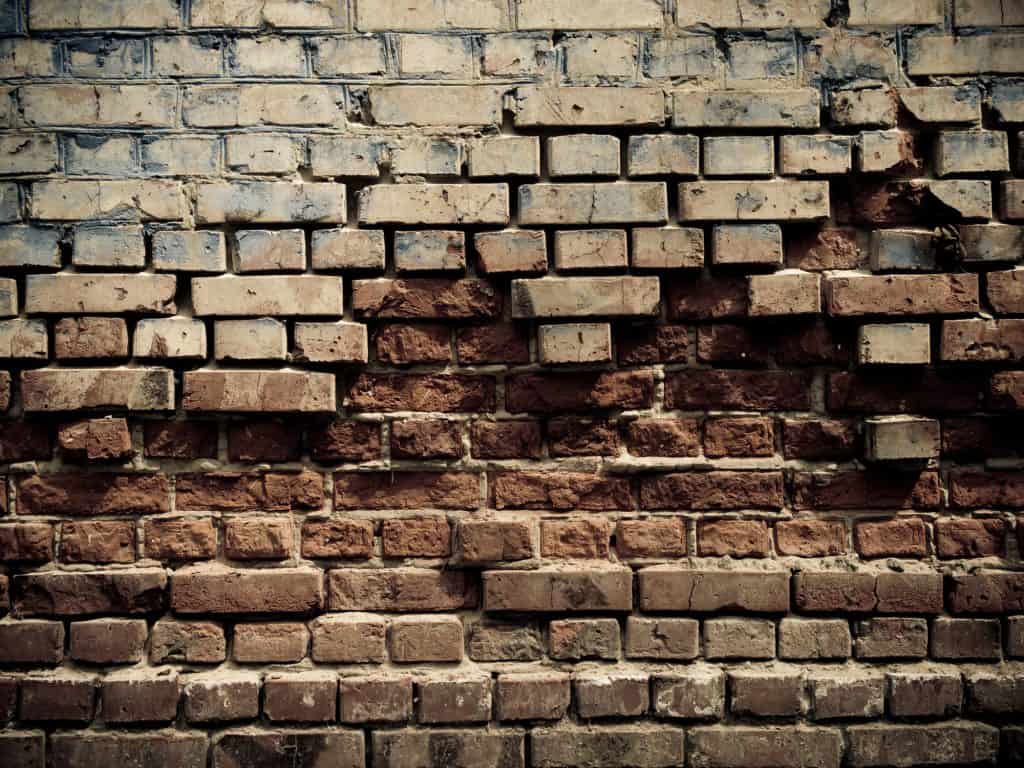
In addition to its corrosive effect on brick, vinegar can stain masonry and concrete. As a result, it’s important to be careful when using vinegar around bricks or masonry.
Since Vinegar is a relatively weak acid, it makes ideal for cleaning bricks when properly diluted (source: Purdue University).
The diluted vinegar will break down dirt and grime, and the acidity will also help to kill mold and mildew.
A simple vinegar and water solution will suffice for most cleaning jobs. However, if the bricks are particularly dirty, you may need to use a stronger vinegar solution.
If used properly, vinegar can be an effective and environmentally-friendly way to clean bricks. When using a strong vinegar solution, take proper safety precautions, such as wearing gloves and eye protection. You should also avoid using strong vinegar solutions on old or fragile bricks.
To further understand the impact of vinegar on bricks, let’s learn about the impact of vinegar on clay, as it is what bricks are usually made of.
Clay is a type of fine-grained soil that is composed of mineral particles. It is named for its small size, allowing it to form into shapes easily. Vinegar is a liquid made by fermenting alcohol. It is used frequently as a cleaning agent or as a food condiment (source: Harvard T.H. Chan).
When vinegar is applied to clay, it will cause the clay to break down. The breakdown caused by vinegar can cause the clay to crack or crumble. As bricks are made of clay it’s important to be careful when using vinegar on bricks.
Conclusion
Vinegar is acidic and can corrode bricks over time. Vinegar can be a useful cleaning agent, but you should use it cautiously to avoid damaging your brick walls and surfaces.






